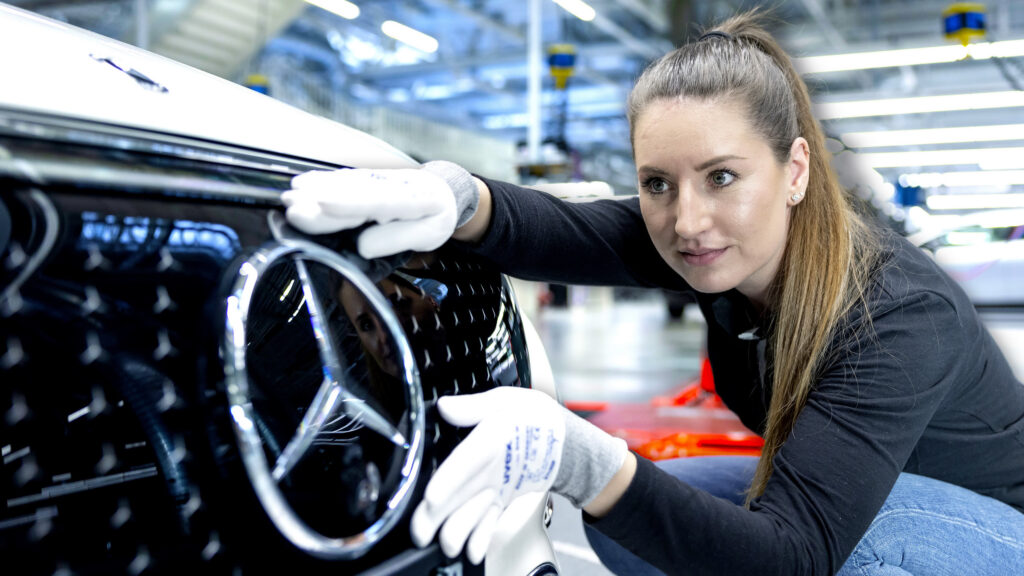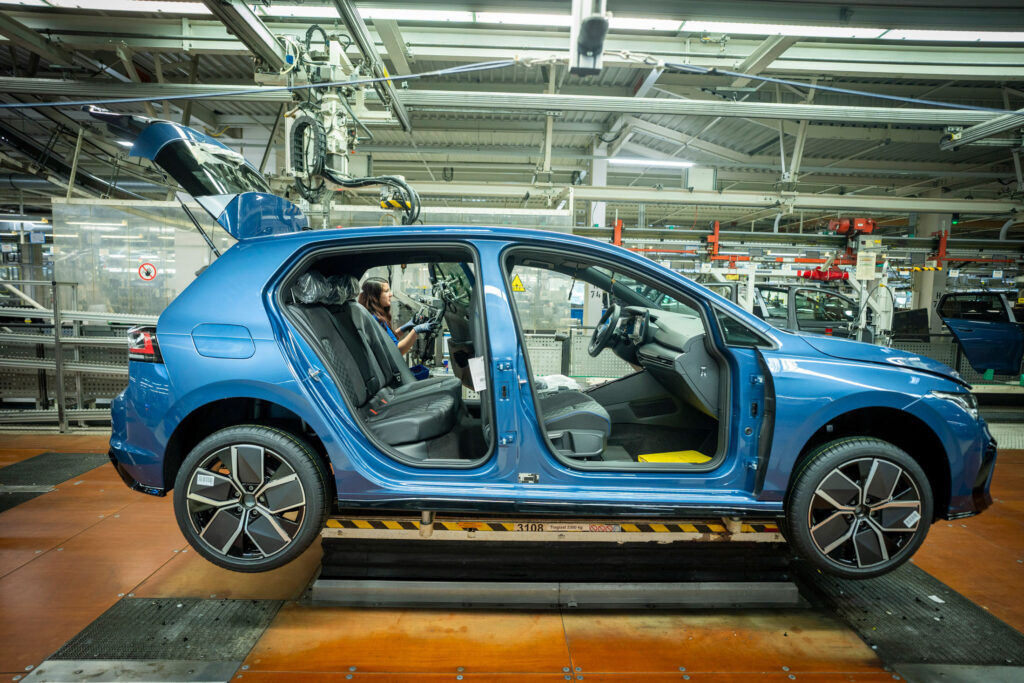Labor Costs in Car Manufacturing

The automotive industry is known for being an impressive dance of engineering excellence and economic consideration. Recent findings from a study conducted by Oliver Wyman have shed light on an interesting financial context, particularly with regard to Germany-based automakers. According to this new research, producing cars in Germany involves a significant labor cost, to the tune of about $3,300 per vehicle. This is strikingly higher when you consider that similar costs in the U.S. average around $1,340 per car, and in countries such as Morocco, it’s as low as $106.
With tariffs looming under economic policies enacted during the Trump administration, foreign automakers are increasingly pondering over the potential for expanding production within U.S. borders. For companies like Audi, this would mark the beginning of U.S.-based production facilities. Building infrastructure stateside could provide a dual advantage: circumventing hefty tariffs while simultaneously benefiting from reduced labor costs compared to their home country.
Why U.S. Is a Viable Option

The decision to manufacture cars in America becomes even more compelling when considering labor costs across various countries. While Germany faces a $3,300 labor cost per vehicle, opting for the U.S. could slash these expenses significantly. However, even American production costs, though seemingly modest, are still noticeably higher compared to other markets. For instance, China’s labor cost is about $585 per vehicle, offering a stark comparison.
Broader Global Context
While China is an attractive option for cost savings, there are nations where labor costs are even lower. As the study outlines, Mexico and Romania present themselves as economical choices with average car labor costs at $305 and $273, respectively. Yet, it’s Morocco that stands out, with a labor cost of $106 per car, making it a remarkably cost-efficient location for automobile manufacturing.
The overarching question for German manufacturers is the sustainability of domestic car production, given the financial pressure imposed by labor costs. Fabian Brandt, leading Oliver Wyman in Germany, raises concerns about the declining production volumes potentially pushing medium-sized suppliers out of the market.
Driving Experience and Comparables
Stepping beyond the economics into the driving experience, German cars are often lauded for their precision engineering and exceptional driving dynamics. German automakers have traditionally excelled in creating vehicles that offer a refined balance between performance and comfort. Comparatively, American cars have typically prioritized a robust build and comfortable ride, catering to different consumer preferences.
For instance, experiencing driving an Audi or a BMW often feels like being in mold of precision, with the cars delivering swift and sure-footed handling. On the other hand, American-made cars like the Ford Mustang prioritize power and muscle, offering a different kind of thrill focused on straight-line speed and a commanding presence on the road.
In the broader automotive landscape, labor cost remains a critical pillar influencing where and how vehicles are manufactured, but the intrinsic character and history of automotive brands continue to play pivotal roles in how these machines drive and perform on the road.
Hyundai i20 N Packs Punch
Stolen Ioniq 5 Drama
Baltasar's New Rebel
UK-US Auto Deal
Collision of Legends